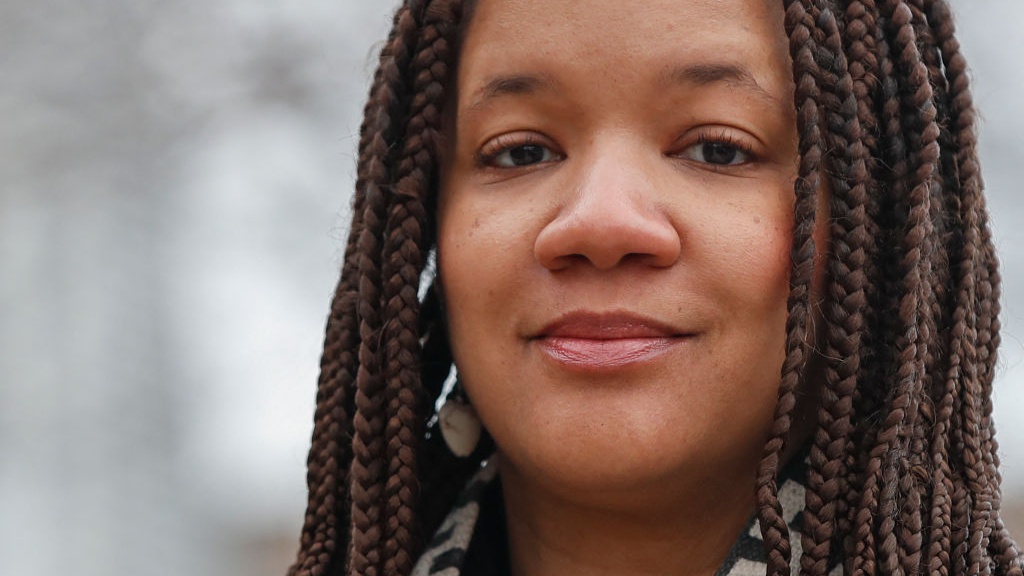The city of Evanston in Illinois has approved a reparations plan to provide $400,000 to eligible Black households, becoming the first U.S. city to distribute reparations to Black Americans.
The legislation comes after a near-unanimous Evanston City Council vote in favor of the plan, closing out in an 8-1 sweep.
After voting in 2019 to create a reparations fund, Evanston implemented a 3% recreational cannabis sales tax to allocate toward the reserve. The initiative was led by Alderwoman Robin Sue Simmons. Over the next 10 years, the city is committed to distributing a total of $10 million in reparations.
To rectify long-standing discrimination towards the Black community, the proposed plan would allow Black residents to qualify for up to $25,000 in homeownership and repair grants in its first phase. Those connected to the city’s Black neighborhoods between 1919 and 1969 who can prove discrimination due to city ordinances, policies or practices would be eligible to claim restitution.
The landmark resolution will hopefully encourage other cities to follow suit, as conversations around making amends with the Black community have persisted for centuries. In early March, the city council in Austin, Texas, approved a similar plan to support funding for slavery reparations.
“Right now the whole world is looking at Evanston, Illinois," the president of the National African American Reparations Commission (NAARC), Ron Daniels, told The Washington Post. "This is a moment like none other that we’ve ever seen, and it’s a good moment."
Last year, Asheville, North Carolina, a predominately white locale, also voted in favor of approving legislation dedicated to enhancing the welfare of its Black community.
"Our world, in this country, is built for white people,” Asheville Councilwoman Julie Mayfield said.
Alderwoman Simmons, a key proponent of the Evanston plan and recent NAARC appointee, explained how integral the pro-reparations decree is to rectifying Black persecution.
"It’s a first tangible step,” Simmons said. “It is alone not enough. It is not full repair alone in this one initiative. But we all know that the road to repair injustice in the Black community will be a generation of work.”
The one opposing vote came from 9th Ward Alderwoman Cecily L. Fleming, a Black woman who disagrees with the initiative’s terms and conditions.
“Rather than reparations dictating to Black people what they need and how they will receive it, we need to listen more to the people,” Fleming
said. “There is no autonomy for the community that was harmed, instead of cash payments or other options that respect the humanity and self-determination of Black people, and allow them to determine how best to repair themselves, the housing program is restrictive.”
According to The Daily Northwestern, Fleming was also dissatisfied with the language surrounding the plan, saying it should be referred to as a “housing program.”
“Let’s not short-change Black people on something they’ve been waiting centuries for,” Fleming said. She added that the measure should be labeled as a “housing program” rather than “reparations.”
